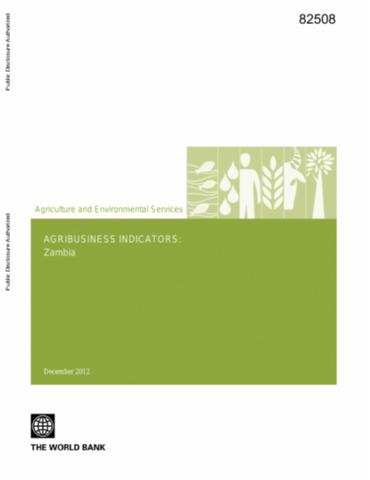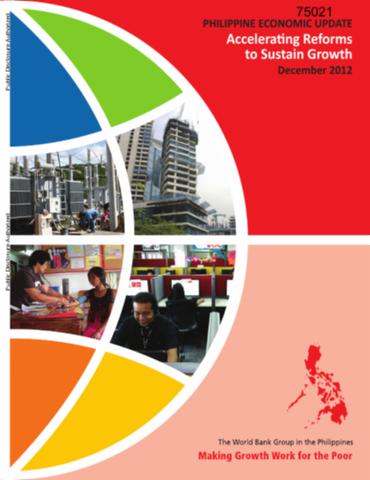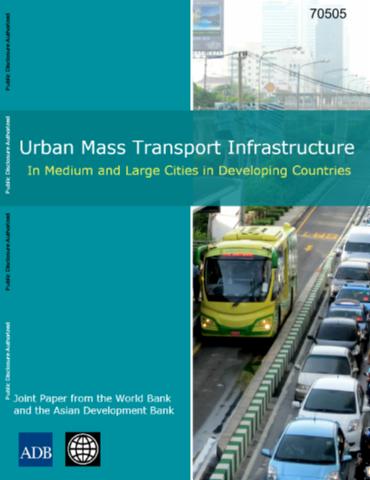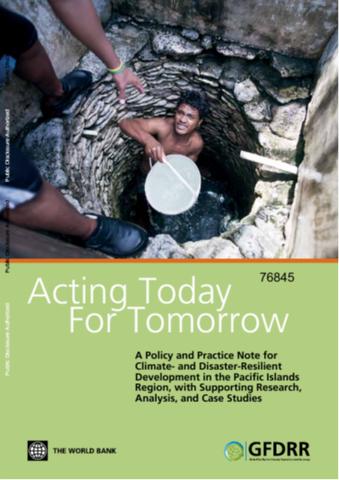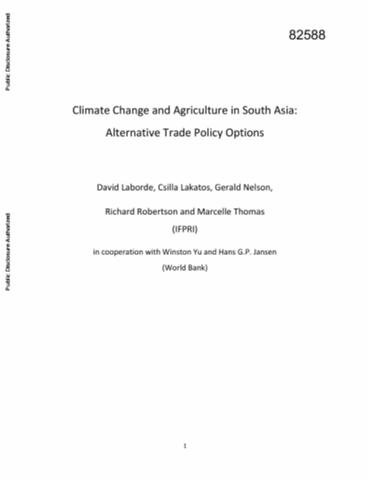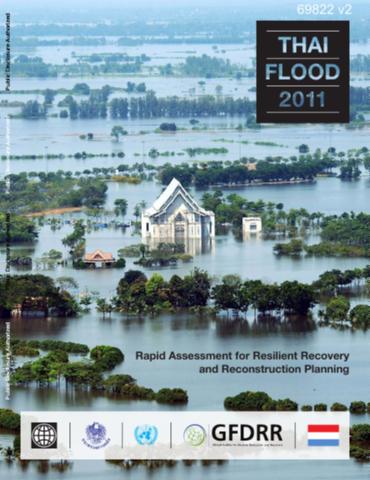Ecosystem-Based Agriculture Combining Production and Conservation—A Viable Way to Feed the World in the Long Term?
This study analyzed examples of sustainable ecosystem-based agriculture where management methods supported livelihoods of smallholders while at the same time local ecosystem services were enhanced in Ethiopia, Brazil, and the Philippines. Participation by farmers and collective actions were found to be a crucial driving force, as local specific knowledge and “learning by doing” were main components of the development. Social cohesion, particularly through associations and cooperatives, and improved marketing opportunities were also important drivers.


